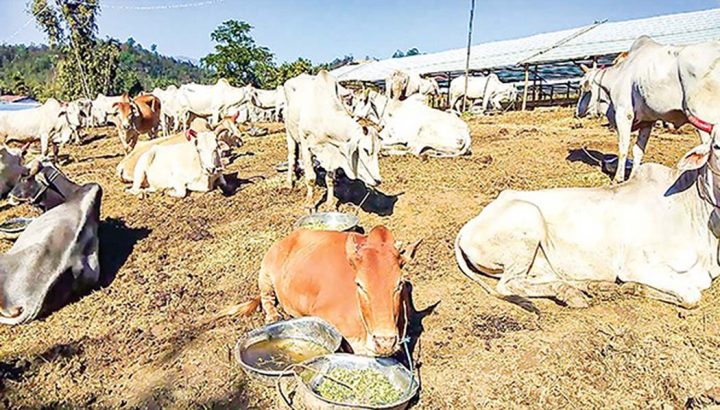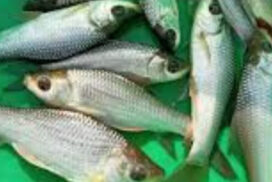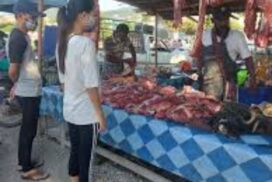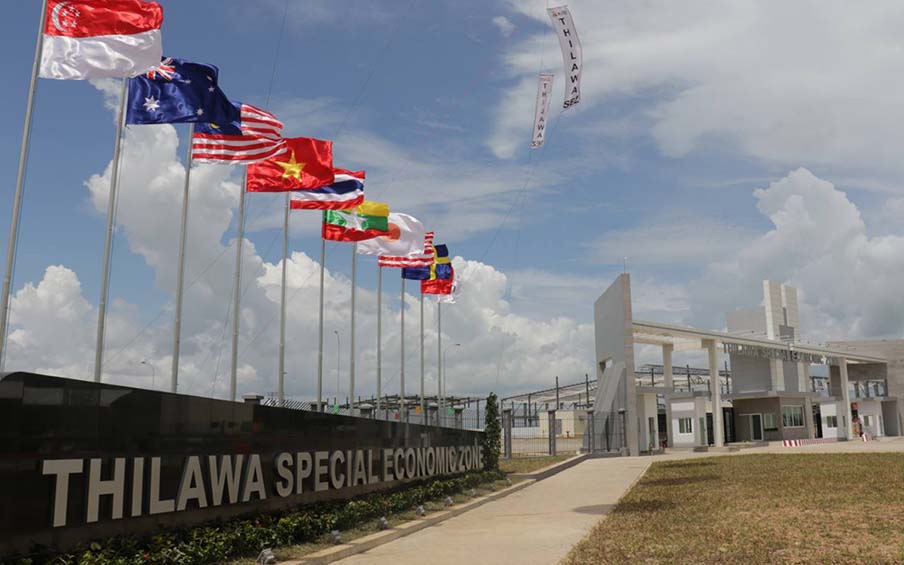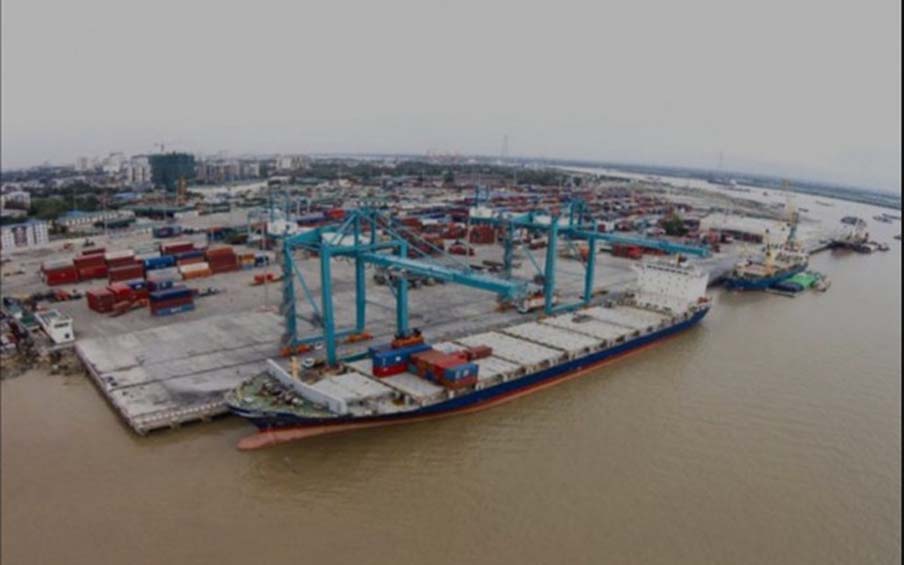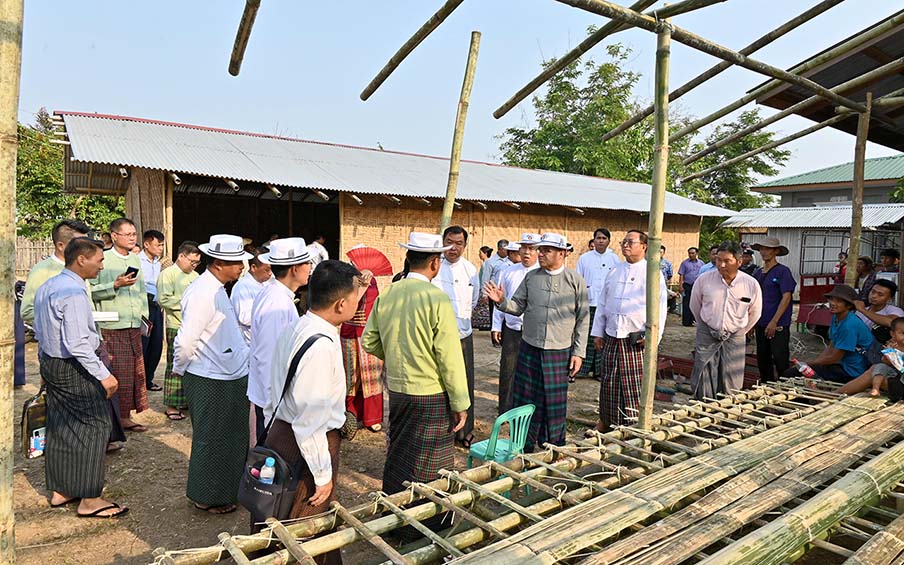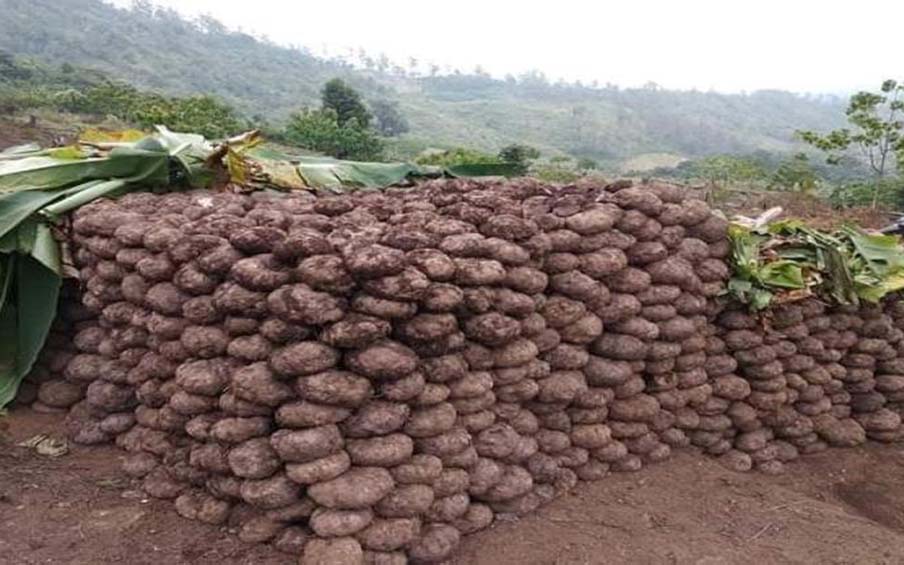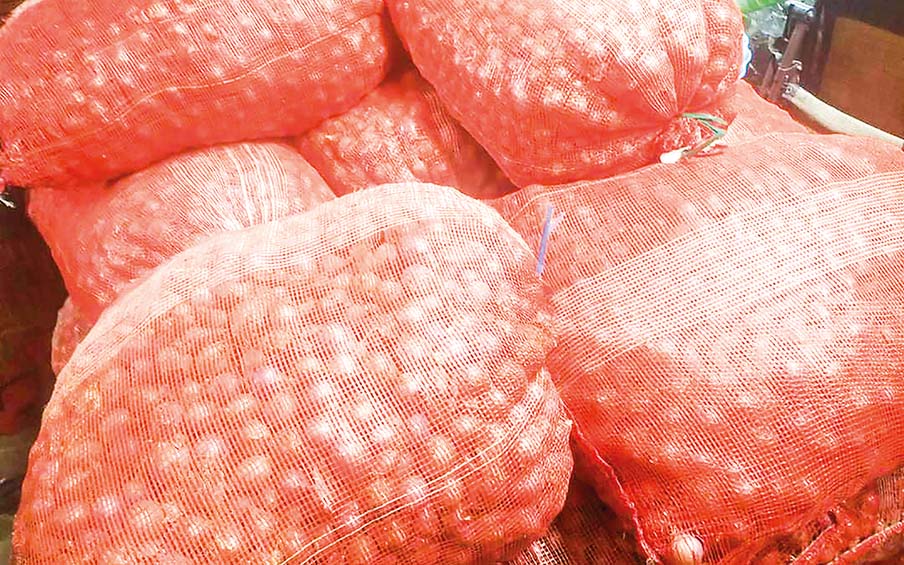With China stepping up border security for COVID-19, live cattle trading has ground to a halt, and about 7,000 cattle have been stranded in Muse town since December 2020.
The domestic companies are sending cattle in line with Standard Operating Procedure to China through the Muse border.
“Before COVID-19, cattle were highly demanded. During the early outbreak of coronavirus, about 10 traders from China entered Myanmar to purchase over 1,000 herds of cattle per day. The resurgence of COVID-19 in Myanmar prompted China to tighten its border areas with Myanmar. Consequently, it was seven months that live cattle trading was halted. We are not sure when the cattle trading will go back to normal,” a cattle trader explained the reasons for trade suspension.
“The traders are facing many hardships as it is difficult to take care of the cattle in yards during the rainy season. The traders have been burdened by labour wages, cost of feedstuff, healthcare services, and other general costs,” said a trader from Muse.
Furthermore, Chinese traders are constantly purchasing the cattle on the black market across border between Myanmar and China, said Chair U Soe Naing of the Mandalay Region Cattle Exporters Association.
At present, the black market has been stronger. The legitimate market has halted since late 2020.
“The illegal market is happening. At present, the border trade is illegally carried out like the trade four years ago,” U Soe Naing stressed.
Following about 10,000 cattle stranded in Muse last year, traders embarked on the illegal sales, he continued.
For legitimate trade, China permits live cattle import only after ensuring the cattle is free from 20 diseases including Foot and Mouth Disease, along with vaccination certificates, health certificates, and farming registration certificates. Yet, those import criteria do not matter on the black market.
That is why Mandalay Region Cattle Exporters Association requested the officials concerned to deal with this black market and strive for resumption of the cattle trade.
Myanmar’s live cattle export is heavily relying on China market due to a good price although Myanmar has other external markets such as Laos, Thailand, Malaysia and Bangladesh.
The Ministry of Commerce grants a permit to each company for 100 cattle export, and the permit is valid for three months. The companies can be taken legal action if they do not sell the cattle during the three months.
Live cattle export was allowed in late 2017 to eradicate illegal exports, creating more opportunities for breeders, promoting their interests and generating more revenues.
Myanmar shipped US$360 million worth of animal products, including cattle, to the external markets in the financial year 2018-2019.
The value of animal product exports dropped by $100 million in the 2019-2020 FY as against a year-ago period, following negative impacts of COVID-19. — Htet Myat/GNLM
About 7,000 cattle stranded in Muse
- July 06, 2021
- 748
